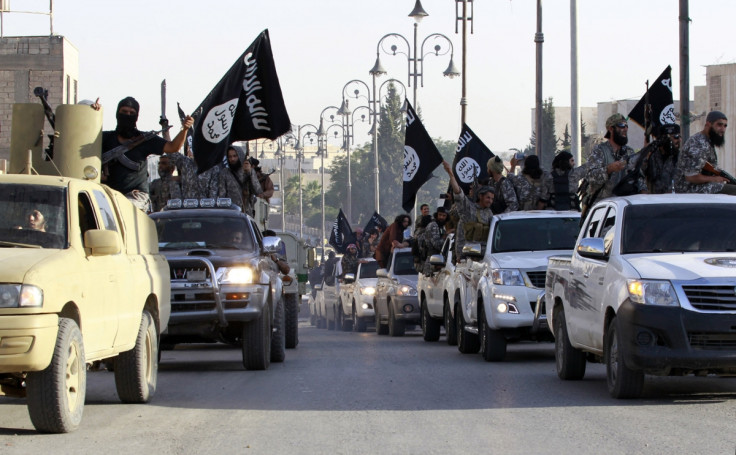Isis: Turkey Considers Sending Troops to Fight in Iraq or Syria

Turkey is considering whether to deploy troops into Iraq or Syria to tackle the threat posed by Isis (now known as the Islamic State) militants.
Ankara has sent a proposal to the Turkish parliament that would expand the powers at the government's disposal to order military action against not just the terror group but to "defeat attacks directed towards our country from all terrorist groups in Iraq and Syria".
The new proposal is a sign Turkey - a Nato member - is willing to allow a US-led coalition to launch air strikes against IS following initial reluctance to allow such action for fear of reprisals against Turkish hostages.
The plan to give increased powers to the government may also see foreign forces allowed to use Turkish territory to conduct cross-border operations against terror groups.
At the United Nations Summit in New York, Turkey's President Recep Tayyip Erdogan confirmed the country would provide the "necessary support" to the operation in a "military or logistical" capacity to tackle the terror group.
Turkey has faced calls to explain a reported deal with IS, which allegedly saw the release of 49 Turkish and Iraqi hostages by the terror group in return for the release of prominent jihadists from Turkish prisons.
Ankara has denied a ransom was paid for the hostages' release but has so far refused to comment on whether a prisoner swap was agreed or not.
Allegations of a prisoner swap has renewed worries about Turkey's relationship with IS. Western nations have put pressure on Turkey to secure its porous borders with Iraq and Syria following reports of jihadists reaching the terror group via the country.
US Secretary of State John Kerry said "the proof will be in the pudding" if Erdogan signs up to aid the fight against the terror group.
Turkey shares a border with both Iraq and Syria and has seen an influx of 1.5 million Syrian refugees cross its borders since the beginning of the Syrian civil war in 2011.
In addition to the coalition strikes, the United States has conducted over 200 air strikes on the group's positions in Iraq since August 2014, while Saudi Arabia, the United Arab Emirates, Jordan, Bahrain and Qatar have joined or supported the strikes in Syria.
© Copyright IBTimes 2025. All rights reserved.






















